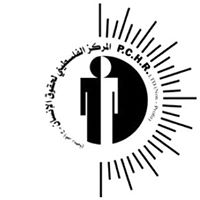This summer, the Gaza Power Authority confirmed that the current electricity crisis in the Gaza Strip is the worst it has ever been, after fuel from Egypt was stopped and the Israeli electrical supply to the Gaza power lines was reduced, reportedly at the request of the Palestinian Authority.
Gaza consumes currently more than 500 MW of power, while as recently as July, the quantities of electricity currently available in the Gaza Strip did not exceed 95 MW (approximately 2 hours per every 30), according to the Authority.
The most severe consequences of the crisis are experienced by hospitals and their patients, and whereas generators can partially compensate the lack of electricity, regular fallouts interfere with treatments.
This has particularly negative effects for the dialysis section of the hospital, where an interruption in electricity provision leads to an interruption of the blood cycle rotation.
In a press statement issued on June 14, Robert Piper, UN humanitarian coordinator for the Palestinian territories, has warned about the disastrous consequences of a further reduction in electricity-supply to the Gaza Strip on the living conditions of two million Palestinians
“A further increase in the length of blackouts is likely to lead to a total collapse of basic services, including critical functions in the health, water and sanitation sectors,” Mr. Piper said. “The people in Gaza should not be held hostage to this longstanding internal Palestinian dispute,” he added.
The Gaza Strip is home to some two million people, more than three-quarters of whom the United Nations says depend on humanitarian aid.
Power reductions come despite stark warnings of the humanitarian implications for Gazan civilians, who already suffer from critical shortages of power, with most homes receiving only a few hours even before the cut.
Search IMEMC: “PCHR”

